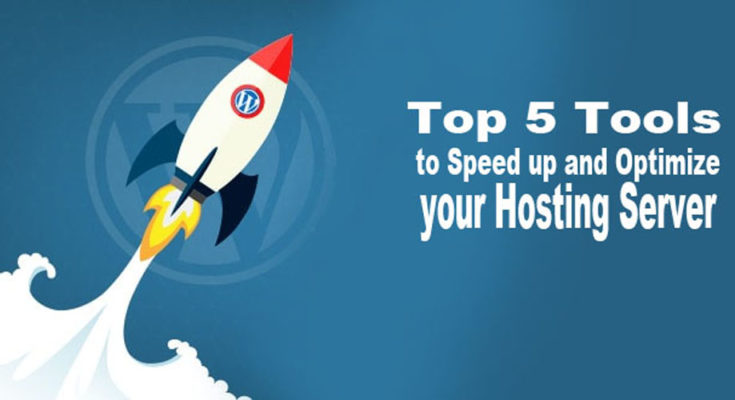Website is becoming an inevitable part of any business. Every business standing tall today has an online presence in the form of a website. But, just having a website is not sufficient. Other important aspects of the site make it stand strong. We are talking about the speed of the website.
The loading time of the website is increasingly becoming important. In addition to the SEO techniques, the loading time for your webpages is also taken into consideration while ranking your site. Consumers are expecting faster websites with an average load time of fewer than 3 seconds. So, if you think your website is sluggish, you are surely losing out on potential clients or customers.
Whenever you begin to optimize your site, remember to back up all the important data and keep notes. Even if you are not doing formal testing, make sure that you observe the results through 2 busy periods for your site. If you keep making changes without checking the results, you might find yourself in problems that would be difficult to undo.
So, if you are wondering about speeding up your website, you can start with the five tools listed below:
1. WebPage Test
WebPage Test is one of the best online tools that wrap up everything in one. Google’s Pagespeed, Time to First Byte, and Yahoo’s Yslow are some of the other measures out in place within a single report. It gives a waterfall view to determine the bottlenecks are happening on your website quickly. Sometimes 3rd party includes like Javascript, can also cause problems concerning the page’s render time.
2. Yslow
Yahoo Yslow is another excellent tool for speeding up or optimizing your website. Yslow goes through your website and understands the structure of the website. After the test is over, it gives grades and recommendations for optimizing your website. There are various ways in which you can use this tool. Yslow recommendations are mostly related to Javascript, content, cookies, CSS, and so on.
3. PageSpeed
Google’s PageSpeed is a Firefox plugin used for speeding up and optimizing the website speed. Using PageSpeed for optimizing a lot of pages can be a lot faster than web-based tools. There are cases where the recommendations made by web-based apps can reduce performance or compromise server stability.
4. Cacheability
Using cache for web pages that are not going to undergo frequent changes in terms of content can have a huge impact on your website performance. Good caching policies can lead to storing the pages on your local machine and only contact the server if the cached information has expired or there is any change in the content.
5. Compression testing
Your server can compress content on the go. There are many PHP applications which have this built-in, or you can enable it at the server level. Compressing your content means the payload is a smaller one. HTTP can compress around 90%. So, 20 KB data can be compressed to only a few KBs. It also decompresses on the fly.
These tools can be used on the server end to improve the performance of your website. Then the choice of your hosting is also important. Be it Cloud web hosting services or VPS Hosting services; these tools are going to come handy to measure the performance of your site on a serious note. Also, make sure that your web server provider deploys caching mechanisms like Varnish or NGINX to improve your site performance.





